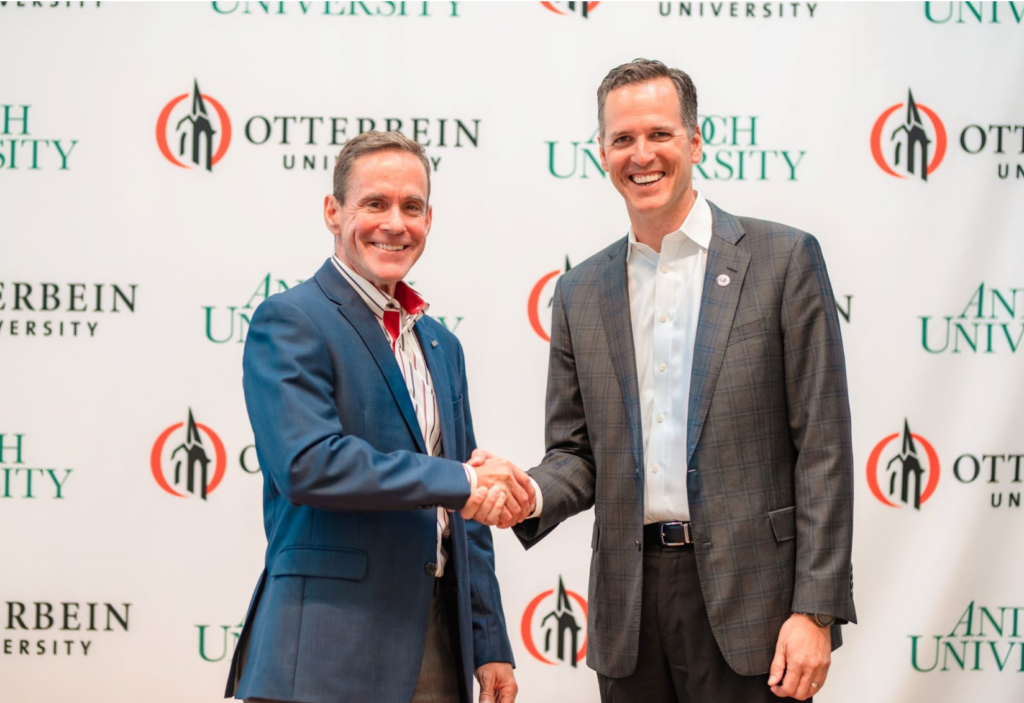Meet the Chancellor
William R. Groves, JD, is the 22nd President/Chancellor of Antioch University.
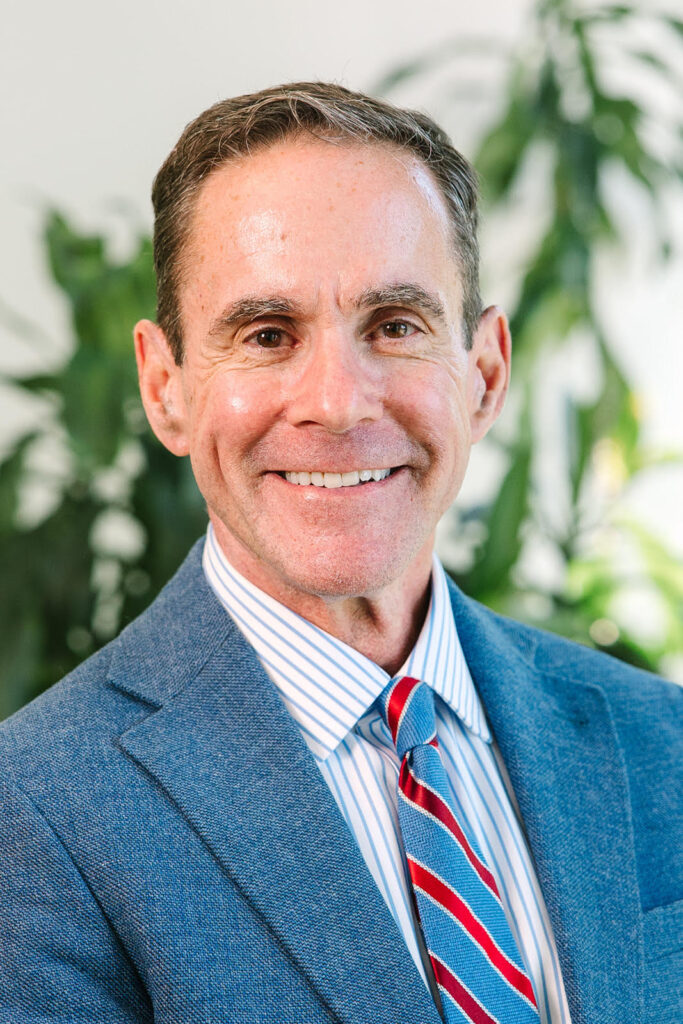
He has served as Chancellor since 2016 and has focused on three priorities:
- to reclaim and advance its reputation as an innovator in higher education
- to grow programmatically and geographically in ways that will allow Antioch to reach its full potential to advance social, economic, and environmental justice
- to advance and promote the University’s 172-year-long history and heritage around social justice and democracy building.
In support of those initiatives, Groves announced the Antioch University Realignment Plan in June 2016 to greatly simplify and improve the University board governance model, the administrative structures, and the academic governance structures to all function as one integrated University rather than as a collection of largely autonomous campuses.
This model allowed the University to achieve efficiencies and expertise not achievable in the disintegrated model with more centralized services in academic planning, finance, enrollment management, marketing, student services, information technology, development, and more. Those savings have allowed the university to better align its expense budget to its revenue and focus more of its resources on innovation and growth rather than on redundant administrative structures.
In addition, Groves announced the creation of the Fund for the Future and a capital campaign to raise funds around new program development and innovation. Starting with a $1 Million gift from an anonymous donor, the University has been successful in generating additional revenue for the launch of several new degree programs scheduled to begin within the next year.
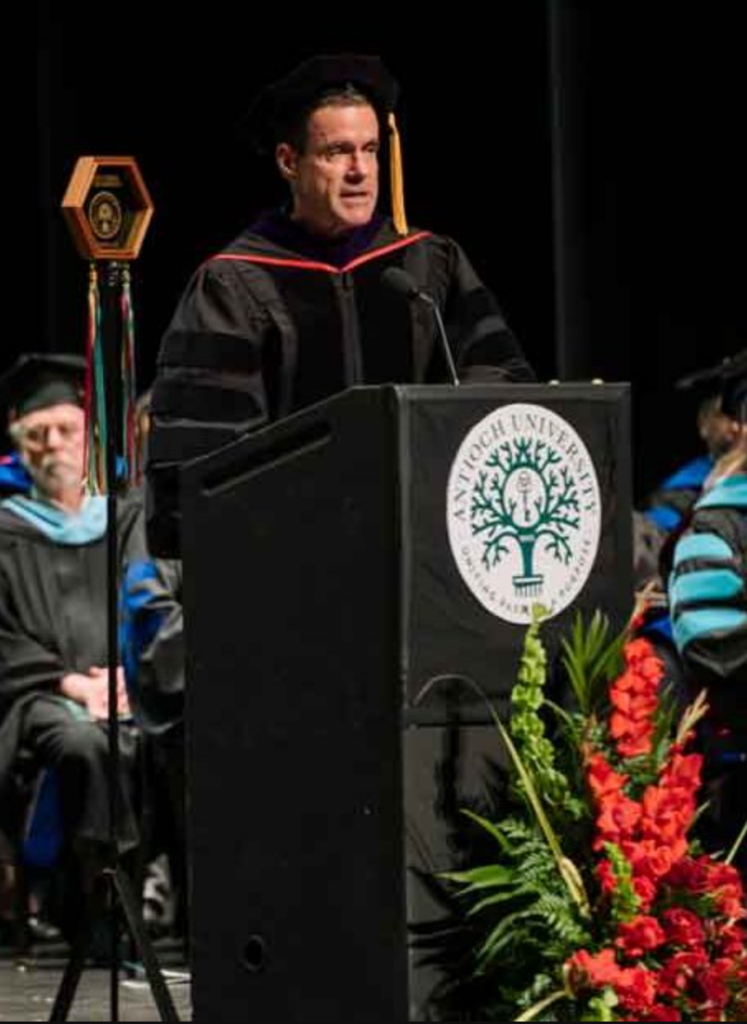
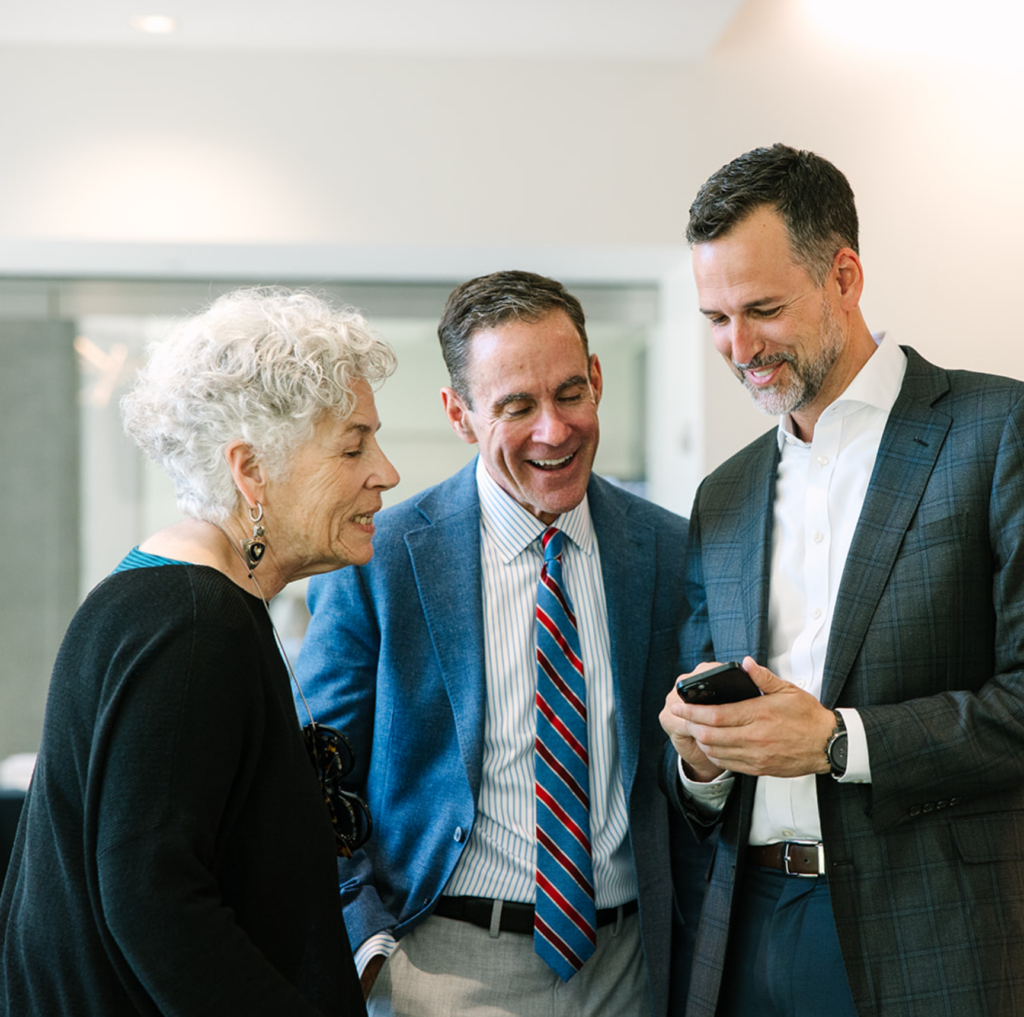
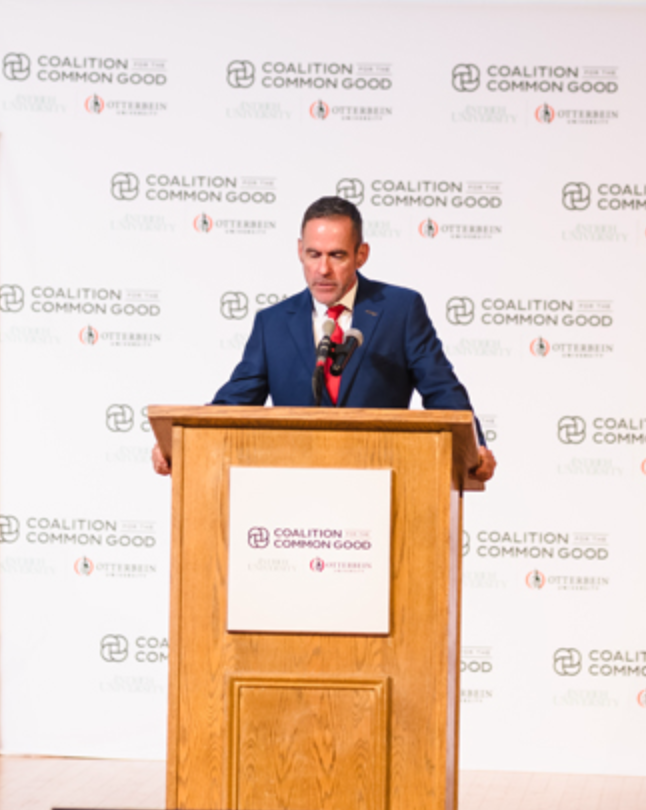
In January 2018, Groves announced a plan to substantially expand and improve its online division with new and improved undergraduate programs, as well as newly developed graduate programs, to meet the needs of today’s adult learners. Today, the university’s largest undergraduate program is online. Groves is focused on continuing to scale up the University’s on-campus programs to other modalities, including online, hybrid, and low-residency programs.
In June 2018, Groves announced his 3-year vision for the University and the Four Pillars of Growth, which broadly define the University’s growth priorities in the changing higher education landscape. Among those pillars was scaling up existing programs to other campuses and modalities, developing new programs, developing expansion sites beyond our current markets, expanding opportunities for lifelong learning including the development of strong educational partnerships with businesses, healthcare institutions, and public entities to deliver degrees and certificates needed for today’s workforce, and exploring mission-driven acquisitions and affiliations. Much has been accomplished, but these pillars continue to frame the University’s strategic direction.
Most notably, the University entered into a formal affiliation agreement in June, 2023 with Otterbein University establishing the Coalition for the Common Good, a unique national higher education system focused on educating for the common good, including democracy, social justice, and engaged global citizenship These pillars define the pathways for creating a thriving, integrated national university that is nimble and productive and reclaims Antioch’s reputation as an innovative leader in higher education.


Recognizing the importance of the exchange of ideas and inclusive decision-making, Groves has worked with faculty to improve structures and processes for faculty voice, including the formation of the first university-wide Faculty Senate, and the inclusion of the Faculty Senate in regular Board of Governors meetings, with a full opportunity to participate and discuss the important issues of the Board prior to its executive session. This has led to a much-improved sense of understanding and trust between key stakeholder groups, all of whom have an important role in the success and growth of the University.
Groves previously served as Vice Chancellor and General Counsel having been hired to establish the first office of General Counsel within the University in 2010. Prior to that, Groves had been the managing partner at the firm Martin, Browne, Hull & Harper, PLL, and served as outside University legal counsel for over 30 years from 1979 to 2010. His practice focused on all aspects of education law, employment law, labor-management law, and civil rights litigation, representing numerous higher education clients, school districts, hospitals and healthcare institutions, nonprofit organizations, individuals, and more. He litigated hundreds of cases in state and federal courts, including plaintiff civil rights cases related to LGBTQ employment rights, sexual harassment, race, and gender discrimination.
In 2007, Groves was engaged by the Board of Governors of Antioch University as lead University Counsel regarding the suspension of operations of the Antioch College campus, as well as the numerous legal challenges and matters arising from that decision. Over the next two years, Groves worked with the Board and representatives of the Antioch College alumni association to negotiate and structure an asset purchase agreement with a newly formed, alumni-supported corporation that sought to reopen the College as a fully independent institution. That transaction closed on September 4, 2009.
In addition to serving as Chancellor of Antioch University, Groves has served as a member of the Board of Governors of the Ohio Bar Association and has served as President or the Board Trustees of Planned Parenthood of West-Central Ohio and the United Way of Clark and Champaign Counties Ohio, and has served as a member of the Board of Trustees of numerous other charitable and civic organizations over his career. Groves graduated summa cum laude, Phi Beta Kappa, from Ohio University, in 1976 and The Ohio State University Moritz College of Law in 1979. He also attended the Institute of Education Management (IEM) program of Harvard University, Graduate School of Education in 2013.

